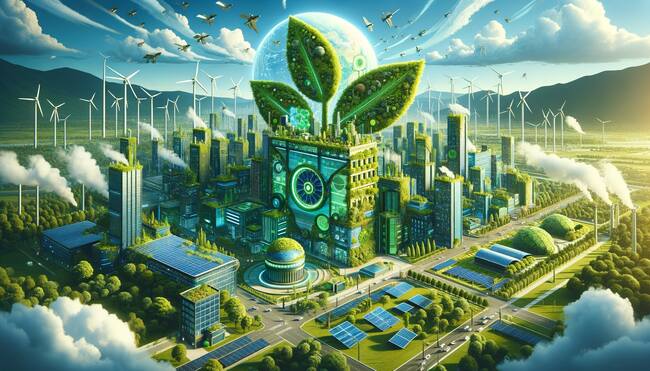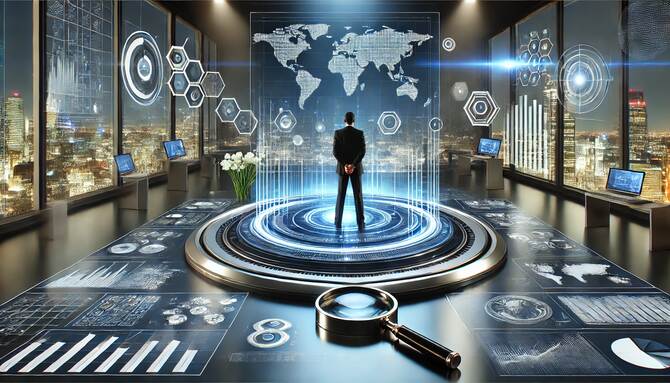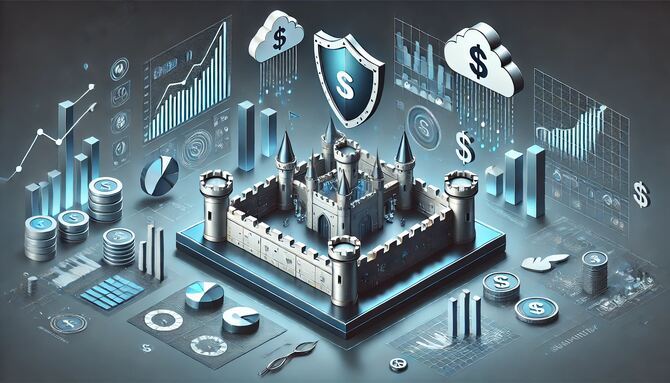The Future Is Green: Crafting a Sustainable Business Model for Tomorrow
The Future Is Green: When we think about Creating a Sustainable Business Model for the Future, what usually comes to mind? Is it just about using recyclable materials? Or might it be something more profound, encompassing the very ethos by which a company operates? Sustainability in business is not just about the environment; it’s a guiding principle for long-term success, affecting everything from how we source our materials to how we engage with our communities. Sustainability has become an imperative in the modern business world, and adapting to sustainable business models is not just smart; it’s essential for survival.
What is a Sustainable Business Model?
A sustainable business model fundamentally integrates environmental, social, and economic aspects into its core operations. It’s about crafting an approach that can maintain or enhance both the human and natural resources needed by future generations. Imagine a company that not only generates profit but also contributes positively to the environment and society—it’s a model that thrives on balance and resilience. Here are some essential components of a sustainable business model:
- Environmental Stewardship: Minimizing ecological impact and embracing renewable resources
- Social Equity: Ensuring fair labour practices and positive community impact
- Economic Viability: Achieving profitability without compromising ethical and environmental standards
Notable examples include Patagonia, a brand synonymous with environmental activism, and Tesla, which revolutionised the auto industry with its sustainable electric vehicles. These companies show that profitability and sustainability aren’t mutually exclusive—they are complementary.
Why Sustainability Matters Now More Than Ever
The urgency for sustainable business practices has never been more acute. The world faces critical environmental challenges, from climate change to resource depletion, and this has set the stage for a sweeping transformation within the business community. A sustainable business model isn’t just about doing good; it’s become a strategic imperative. Consumers today are more informed and conscious about the environmental footprints of their purchases, demanding greater transparency and ethical responsibility from businesses.
Key Principles of a Sustainable Business
Creating a sustainable future requires adherence to key principles that serve as the foundation of any green business. Here are the non-negotiables:
- Ethical Supply Chain: Ensuring that every link in the supply chain follows ethical and eco-friendly practices.
- Renewable Energy: Shifting power sources from fossil fuels to renewable options like solar and wind.
- Recycling Initiatives: Reducing waste through innovative recycling and upcycling strategies.
Such principles not only reduce the carbon footprint but also engender consumer trust and loyalty. It is a virtue cycle that aligns with the planet and profitability.
Innovations Driving Sustainable Business Models
We’re at the forefront of a sustainability revolution in the business world, propelled by innovative solutions and practices. Key drivers include technological advancements such as green tech, the growing popularity of the circular economy, and product designs that minimise environmental impact. In addition, sustainable packaging solutions are becoming increasingly important as businesses look to reduce their waste. These innovations are vital in the transition to sustainable business models as they enable companies to reduce their ecological impact while also harnessing new opportunities for growth and development.
Overcoming Challenges in Sustainability
But let’s be real, there are hurdles to jump over on our way to sustainability. It can be a costly affair, especially with the initial investment required for adopting greener technologies and processes. Additionally, aligning profit-making objectives with sustainability goals can be tricky, particularly when traditional business models are deeply ingrained. Still, these challenges aren’t insurmountable. Companies must view these as investments in the future, rather than mere expenses. Navigating regulatory landscapes and embracing change will be part of the journey, yet the rewards of a sustainable, resilient business model are immeasurable.
Measuring Success in Sustainable Business Practices
How do we measure the success of sustainable business practices? Through insightful Sustainability Metrics and KPIs that can guide businesses in tracking progress and identifying areas for improvement. Here are key indicators:
- Carbon Footprint: Measures the total greenhouse gas emissions caused by a company.
- Energy Consumption: Assesses the amount of energy used and highlights potential areas for efficiency improvements.
- Waste Reduction: Evaluates the effectiveness of a company’s waste management strategies.
Success in sustainability is often a quiet revolution that happens incrementally over time. It requires the commitment to continually measure, report, and improve.
Future-Proof Business Strategies
Adapting business strategies for the future is not just about predicting market trends but preparing for a world where ecological and social parameters will play an ever-increasing role. Companies must be proactive in designing business models that are agile, resilient, and aligned with a sustainable future. Cultivating a corporate culture that promotes sustainability can be a significant competitive advantage, ensuring they stay ahead of the curve.
Conclusion
In wrapping up, creating a sustainable business model is an evolving and forward-thinking process. It requires a merger of environmental stewardship, social responsibility, and economic strategy. As we have explored the significance, principles, challenges, and measurement of sustainable practices, it becomes clear that the future is green. Businesses must now innovate and push forward to a sustainable and profitable horizon. Ready to build a sustainable business? Consumers are increasingly favouring companies that prioritise ecological integrity, and regulatory climates are shifting to support this trend, so It’s no longer a question of if but when and how. Let’s all be part of shaping a future where business thrives responsibly.






